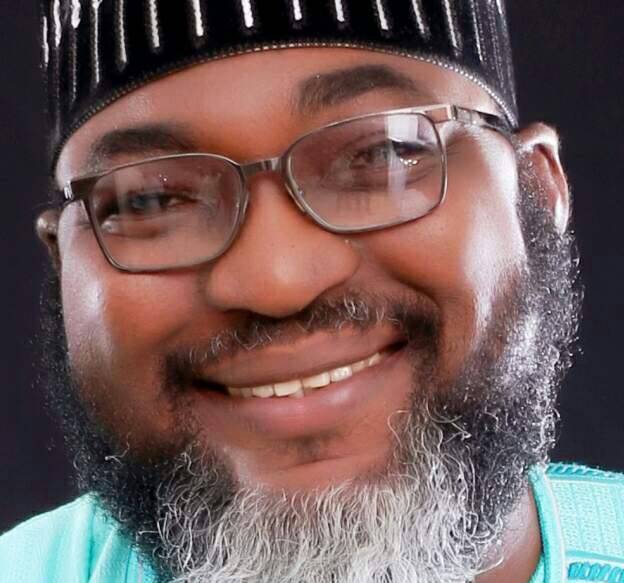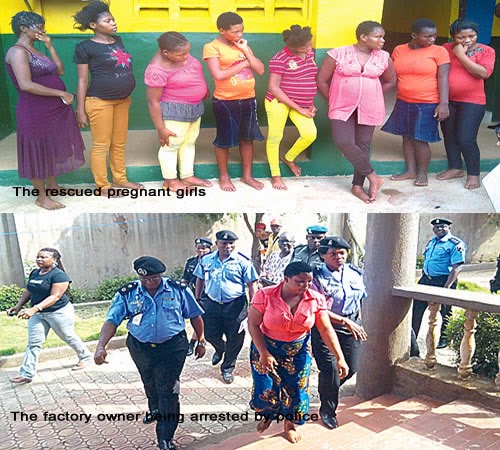The model that I am talking about is a robust educational model that combines traditional content with critically important life – long skills; financial, health, and administrative skills, which can be delivered via existing school systems and teachers/instructors. The model, which I call: “Living Education,” shifts the goal of schooling away from the achievement of standardized learning outcomes toward making a positive impact on the economic and social well-being of students, their communities and our country as whole.
The model requires significant changes in both content and pedagogy. First, entrepreneurship, leadership, health and financial modules are mandatory curriculum components for all secondary/tertiary grade students. Second, student-centered learning methods are used, these methods require students to work in groups to solve complex problems and manage projects on their own. This approach is inspired by models of adult education in most developed countries that focus on self-efficacy as a critical foundation of positive livelihood and health-seeking behaviors, along with active-learning pedagogies used in progressive schools throughout the world. The idea of health curriculum draws on the work of the World Health Organization and focuses on preventing disease, caring for sick children, and obtaining medical care. The entrepreneurship curriculum is informed by my work as a College President and with adult entrepreneurs in some developed and developing countries and it draws ideas from a broad range of financial and entrepreneurial programs developed by organizations like the International Labour Organization, which Nigeria has been a member since 1960. Conceptual knowledge is put into practice in schools through activities that empower children to use what they have learned. For example, students practice routine health behaviors, such as hand washing and wearing shoes near latrines or restrooms—and, to the extent feasible, gain exposure to other important behaviors, such as boiling drinking water and using malaria nets. They practice routine market-like transactions by earning points for schoolwork and budgeting those points to obtain valuable prizes, such as sitting in a favorite chair or being first in line. Students also develop higher order skills as they work in committees to develop and execute complex projects. Health-related projects can range from planning and carrying out an athletic activity to be played during recess or breaks, to practicing diagnostic skills when classmates are ill—helping to decide, for example, when a cold has turned into a respiratory infection that requires antibiotics. Entrepreneurship projects include identifying and exploiting market opportunities through business ideas like school gardens or community recycling that can create real value. Students learn and practice workplace skills and attitudes like delegation, negotiation, collaboration, and planning—opportunities that are rarely available to them outside their families. It is crucial that we begin to include entrepreneurship and health topics in the curricular requirements of students in secondary level education. For the 21st century education, the fact is that including information in basic lectures is not enough, schools must simultaneously adopt action-oriented pedagogical approaches that hone critical thinking skills and enable children to identify problems, seek out and evaluate relevant information and resources (such as utilized in some Montessori Educational Platforms), and also design and carry out plans for solving these problems. This involves tackling real problems that require and empower students to take the initiative and responsibility for their own learning. My intention is to pilot this living education model in my county, Nigeria. The model includes classroom materials and pedagogical approaches in which students work in self-directed teams to learn, discuss, and actively practice, using the basic content included in standard governmental curricula. Through this unique combination of relevant content, practical implementation, and student empowerment; children develop a body of knowledge, skills, and attitudes that will enable them to succeed and thrive when they leave school, whether they are headed toward a four year college, a career college, and a trade school or remain in their communities. In conclusion, I want to stress that fact that the traditional definition of school quality in the developed and rapidly developing world is competency-based and content master. Using traditional schooling approaches during the few precious years most children will spend in school leads to wasted resources and forgone opportunities for individuals, communities and the country. Governmental agencies and organizations that support and promote quality education for all children must move beyond traditional models to help children develop the knowledge, skills, and attitudes that are relevant to their lives, to current global involvement and that can lift them out of poverty or provide them with a “real education for the real life” For too long, governments and organizations investing in developing-world education have operated under the unquestioned assumption that improved test scores and four-year higher education are clear evidences that their investments have paid off. My argument here is that, mastery of the basic primary school curriculum is not the best means for improving life chances and alleviating poverty in developing countries, that model is broken and certainly incomplete. Investing in interventions that produce the highest test scores is no longer a valid approach for allocating scarce educational naira or the scarce time available for the development of young minds. It is time to seek out the interventions that lead to the greatest social and economic impact for our citizens and the country. At the end of the day, the fact still remains: “Education Minimizes Poverty.”
. Alexander writes from Houston, Texas, United States of America.
Columns A new education model, by Laide R. Alexander



